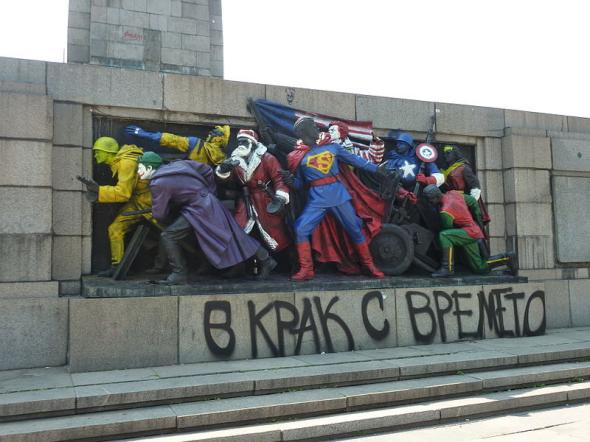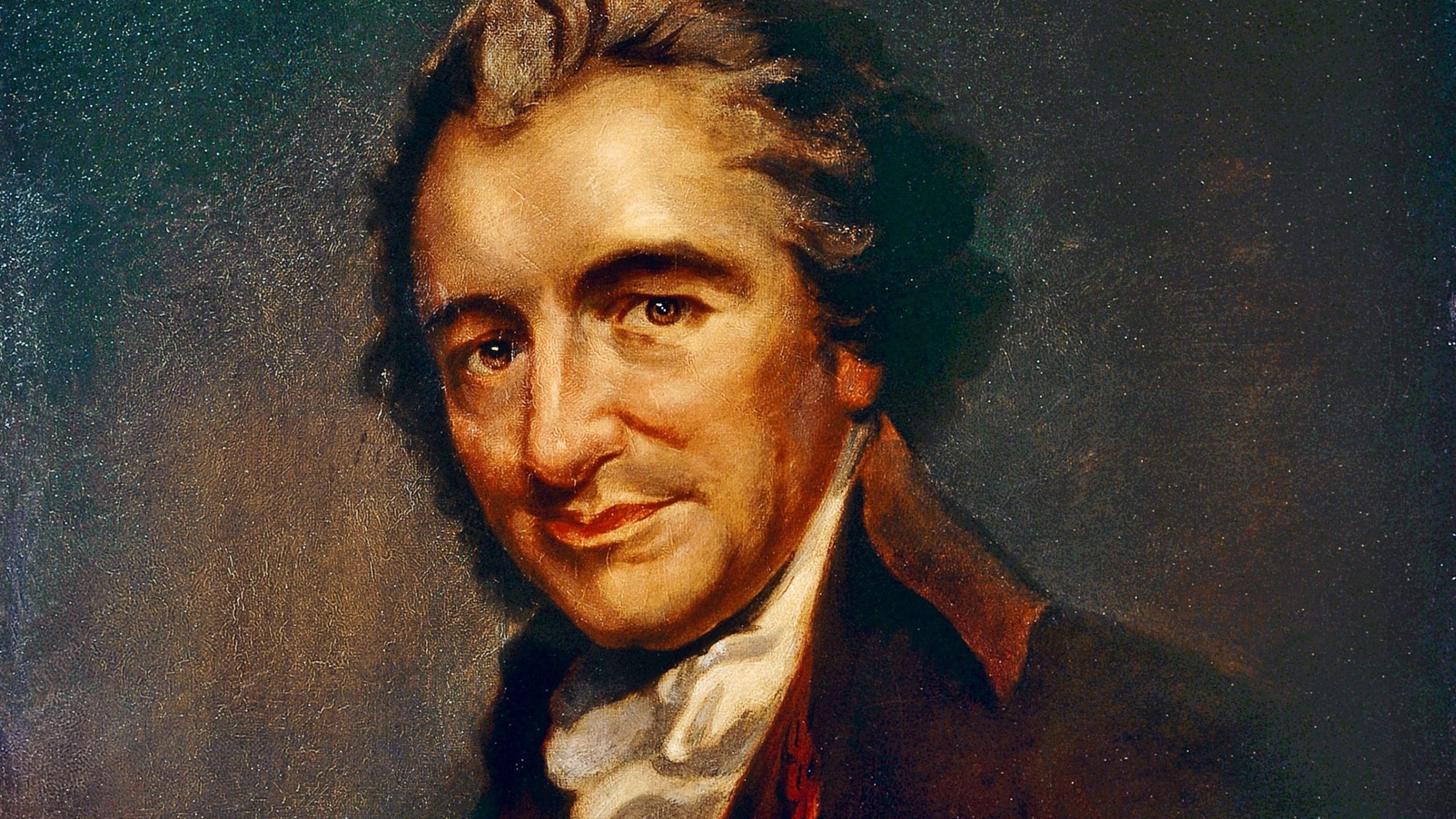(Footnoted, 3/10)
Rudyard Kipling once wrote:
“I had six honest serving men who taught me all I know. They were, Who, What, Where, When, Why and How”
This simple life-rule has been virtually absent in news presentation for the past few decades, which Larry Schweikart recently noted in one of his “Commentaries” at Substack, was the condition of the American print-media in the decades leading up the Civil War. But with a war going on the reading public demanded more facts (who, what, where, when, etc), and less speculation. And again, after a partisan relapse in the decade leading into World War II (when I was born), and with the expansion of the Cold War born of that war, into today the public would not allow idle speculation and gaslighting to succeed.
Today, it has gotten so bad that the simplest Who’s, What’s, Where’s and When’s (all facts) are presented as if from two parallel universes, each accusing the other of being in the pay of foreign entities, and each using definitions of “democracy” and “freedom” that are diametrically opposite one another. In this way, the average consumers of news who lives by Why’s and How’s, find it almost impossible to determine the sorts of facts the public demanded in 1860 and 1941.
It’s gotten so bad that many believe there may no longer be a civil, peaceful, solution. Maybe a return to Shillelagh Law?
Barbara Tuchman, the great historian who died in 1989, had no PhD, but she still insisted on Kipling’s Rule, above. In short, she succeeded as a writer on sheer talent and strength of conviction, for the academy historians didn’t like her very much, in part because she never joined their club, or offered herself up for their approval. She didn’t need their “Heigh-ho”. You see, Barbara Tuchman was an eastern elite, (her mother a Morganthau, Henry Jr. her grandfather and Henry Sr her great grandfather—look them up). So, like the rich guy, Hooper, who owned the ocean-going research laboratory in “Jaws” (played by Richard Dreyfuss, and founder of the Civics Initiative) she didn’t have to worry about finding a good position on the faculty at Harvard, or even worry about paying any rent….and in the process proving those rich elites aren’t always spoiled bratlings, as we more often see these days.
In many respects she was like Donald Trump who also came from wealth, but went his own way in carving out his idea of a legacy without benefit of favors he had to pay back.
It is because of her personality twerk that caused me to read virtually everything she wrote. (The only other historian I found fitting her style was Bernard DeVoto, who was one of the premier historians of the American westward movement, especially the mountain men, his four-volume series about how America filled out the map across the Mississippi and “Wide Missouri” from 1804 to 1846. I read much of what he wrote as well, those volumes also on my bookshelf.)
But I never had cause to read her Guns of August, which she published in 1962, while I was still in high school. Mrs Tuchman won a Pulitzer Prize for it, and it is still declared to be one of the finest histories ever written…over 60 years later. So she never stood in line begging to get the first shot at LBJ’s memoirs or Ronald Reagan’s biography because of it. She did her own research and wrote about things that interested her.
By the way, she was likely a liberal, only, as I often stress, probably a “classical liberal”, which I once also professed to be until 1976, when the radical Marxist wing openly declared themselves as they took over the Democratic Party and turned it back into the Democrat Party of 1920…in Biloxi.

I was always drawn to hers, and DeVoto’s, sort of story-telling. They reported the quirkiness of characters, but only as the observations of people who reported them. I’m not sure Ms Tuchman ever used the terms “liar” even in polite company. In her biography of Gen Stilwell (1971), which I also have on the bookshelf, she never once opined about the virtues of Mao Tse Tung, who Stilwell wanted to make common cause with in order to more quickly defeat the Japanese in China, or the motives of Chiang Kai-Shek, who stored away much the money and equipment we delivered to him to fight the Japanese, so as to be better equipped to fight Mao after the Japanese left. She reported it honestly.
Also, I mentioned her often in quotations from A Distant Mirror, (1980), my most underlined volume, about Europe after the Black Plague had taken 50% of Europe’s population. “Remember the Jacquerie”.
Which finally brings us to Russia and that old devil, Putin.
I graduated from university with a bachelor’s degree in Political Science in 1968. I had a minor in Russian History, mainly because I had seen “Dr. Zhivago”, which was ten times better than Pasternak’s book. I also had an additional minor in Middle Eastern studies after I had seen “Lawrence of Arabia”, so you can tell how ambitious my college career had been. It was just a 4-year vacation to entertain my fancies. And with a war in Southeast Asia, and me on my way to becoming an Army lieutenant, you’d have thought I would take courses in their history, only it never crossed my mind. But after law school, I was an Army trial lawyer in Japan for three years, and got to be involved in a lot of historical things going on in the area, through 1975. So funny how things work out.
In those Russian courses, what I learned about the Russians, compared to the Ukrainians, is that from the earliest times, back to the 16th Century, but probably earlier, the Russians were considered to be Asian by many Europeans. You see, the Mongols invaded and took over in the early 1200s…and inside 30 years had set up a system of appointing local tsars to run their territories, much as Putin tries to do now, allowing the Mongol khans to go elsewhere to do other things.
There was never any constant military presence of the Mongols. Only if the Russians revolted against their rule would they could send armies. The Mongols khans were cunning and politically sophisticated inciting hatred and wars between the princes to better control the weak, divided states….a common management technique prevalent today, including the United States and certainly Europe.
By the mid-1400s (200 yrs) under Ivan the Great, the Russians finally drove the Mongols out, only much of their “management thinking” remained.
Bottom line, facing relations with the rest of the world, many of the Europeans looked down on the Russians as Asian, even though the Mongols did not inter-breed, so it wasn’t blood-related. Still, the phrase, “Scratch a Russian and you will get a Tartar” lingered into 19th Century among many Europeans. When I was there in 1991-92 let’s just say some had a chip on their shoulder about it.
At the same time the Europeans considered the Ukrainians to be of European stock, even though they had lived under a Russian yoke from the 15th Century at least.
To compound this general overview, Stalin, who was a Georgian and not Russian, began a renewal of a Russification plan throughout the USSR in the 30s and 40s. Many families were ordered to pack up and go to Tashkent, Bishkek, Dushanbe, and Tallinn and Vilnius. And Kiev. Almost all major management of factories were run by Russians. (I found this to be true when I visited the Baltics in 2006.) This was not unlike how many Germans had moved to areas of eastern Europe in the 19th Century under the Hohenzollerns. (The Sudetenland in Czechoslovakia was the principal basis for Chamberlain and France’s cave to Hitler in ’38, by restoring that region to Germany, this avoiding war, and guaranteeing “peace in our time.”)
I’m just giving you a little lay of the land here, folks. Who, what, where and when. Facts.
Moreover, the Russians in Moscow starved the Ukrainians, in 1932-33, taking all the grain that they grew to feed Russians because one of Stalin’s 5-year plans had failed. So, when Germany invaded the USSR in 1940, their armies captured almost all of Ukraine, occupying it until 1944. Ukrainians liked the snappy parades and martial music of the Wehrmacht, and those memories were still vivid when I visited there in 1991, 45 years later. Thousands of Ukrainians volunteered to go to Germany in work brigades, only, after Germany surrendered, President Truman, in one of his gravest mistakes from the Yalta Conference, agreed to repatriate those Ukrainians back to the USSR, where most were either shot or shipped off to the Gulag.
Now, if you don’t want to include this in your assessment of the underlying thinking behind the actions in Ukraine and Russia today, you’re being foolish or ignorant. Vladimir Putin is almost for certain an extension of that thinking and his hidden motives should be judged with that in mind. Volodymyr Zelenskyy, age 44, and trained in theater and comedy, not politics, may not be, but his closest confidants should be.
Vladimir Putin knows precisely what he wants, not just in territory, but to weaken the European alliance on his eastern border. If you pay attention to only the Who, What, Where, and When, you will understand the limits he has placed on himself



